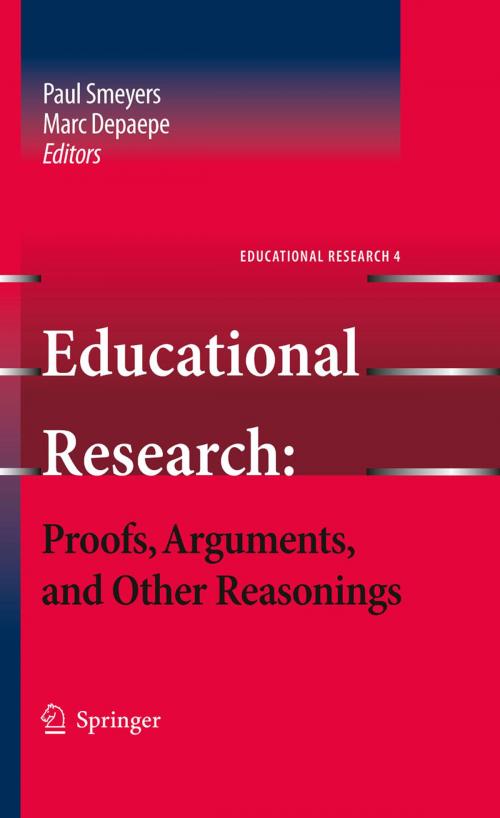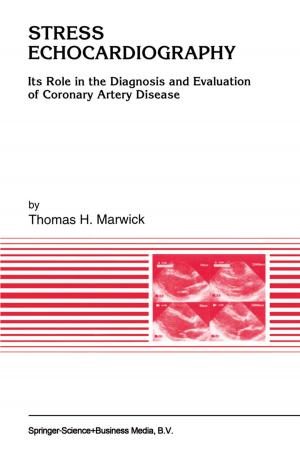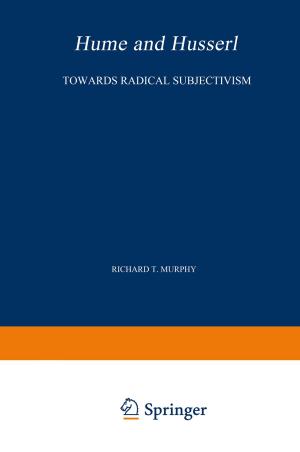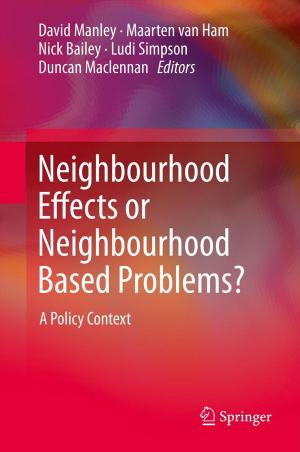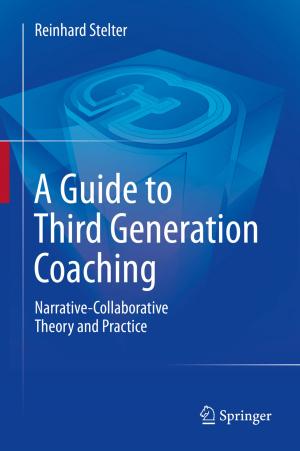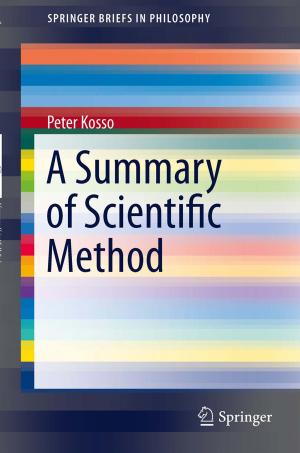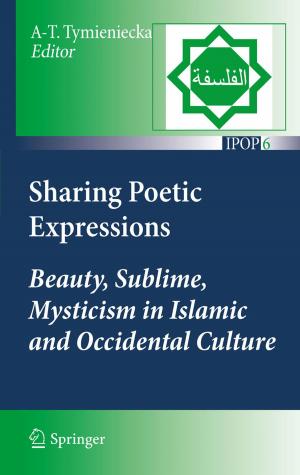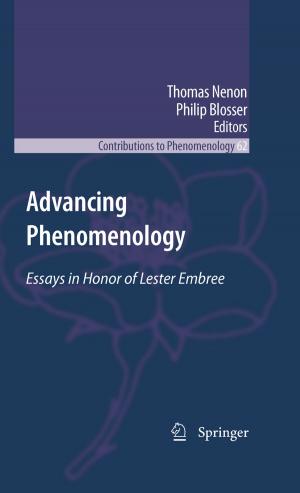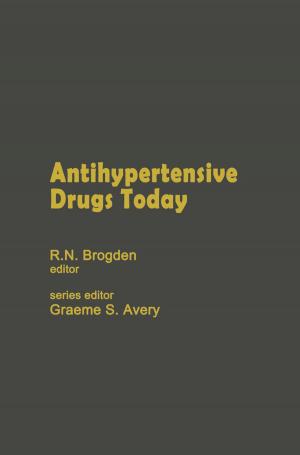Educational Research: Proofs, Arguments, and Other Reasonings
Nonfiction, Reference & Language, Education & Teaching, Educational Theory, Educational Reform, Philosophy & Social Aspects| Author: | ISBN: | 9789048132492 | |
| Publisher: | Springer Netherlands | Publication: | October 8, 2009 |
| Imprint: | Springer | Language: | English |
| Author: | |
| ISBN: | 9789048132492 |
| Publisher: | Springer Netherlands |
| Publication: | October 8, 2009 |
| Imprint: | Springer |
| Language: | English |
This book focuses on the language of educational research as well as on the language of education. It conceives both as social practices and investigates how rhetoric plays a part in the complex process of historically situated argumentation. The book aims to answer such questions as: ‘What is the nature of the arguments and the kinds of sources one relies on?’ and ‘What kind of reasoning is offered to convince practitioners?’ Taking postmodern criticism seriously, the contributors argue that the scholar or researcher cannot indulge in relativism or be satisfied with a description of particular cases. Instead, theoreticians as well as practitioners have to engage in sound thinking and dialogue. The chapters in this volume highlight relevant characteristics of the language of educational research. In addition, attention is paid to the language of particular debates which figure prominently in the wider educational context, such as the language of goals, of parenting, citizenship and capability.
This book focuses on the language of educational research as well as on the language of education. It conceives both as social practices and investigates how rhetoric plays a part in the complex process of historically situated argumentation. The book aims to answer such questions as: ‘What is the nature of the arguments and the kinds of sources one relies on?’ and ‘What kind of reasoning is offered to convince practitioners?’ Taking postmodern criticism seriously, the contributors argue that the scholar or researcher cannot indulge in relativism or be satisfied with a description of particular cases. Instead, theoreticians as well as practitioners have to engage in sound thinking and dialogue. The chapters in this volume highlight relevant characteristics of the language of educational research. In addition, attention is paid to the language of particular debates which figure prominently in the wider educational context, such as the language of goals, of parenting, citizenship and capability.
